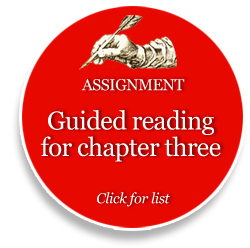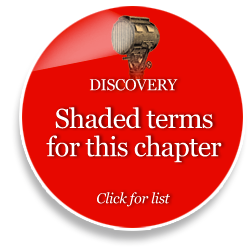Changing the Rulebook
In the digital age, sharing information is as easy as 1, 2, 3. Unless, of course, you live in a country that won’t allow it. In the west, we post, we tweet, we blog, we text, we pick up the phone, and without calling ourselves
 How do we help the world do what most of its leaders say it should? The goal, enshrined by Article 19 of the Universal Declaration of Human Rights, seems clear enough: “Everyone has the right to freedom of opinion and expression; this right includes freedom to hold opinions without interference and to seek, receive and impart information and ideas through any media and regardless of frontiers.”
How do we help the world do what most of its leaders say it should? The goal, enshrined by Article 19 of the Universal Declaration of Human Rights, seems clear enough: “Everyone has the right to freedom of opinion and expression; this right includes freedom to hold opinions without interference and to seek, receive and impart information and ideas through any media and regardless of frontiers.”
Knight Foundation’s largest international demonstration project, which costs more than $30 million, is the Knight International Journalism Fellowships program, run by the International Center for Journalists. Across the globe, Knight Fellows show the power of free media to improve lives. In Brazil, it means mapping a deteriorating Amazon; in China and India, it means starting
In the U.S., our issues are different. We don’t seem to appreciate the true value of our media or our freedom. Our public media policies lag behind other nations, far behind Great Britain’s, world-famous for its fee-supported British Broadcasting Corporation. We seem content with a public broadcasting system that not many use for news, one that doesn’t change fast. We just don’t know much about our fundamental laws. We know more about cartoons like The Simpsons, for example, than we do about the First Amendment.
 In Washington D.C., the Knight Foundation funds the Newseum, the only major museum of news. If it demonstrates anything, the Newseum shows there’s no such thing as “the media.” In front of the building, etched in Tennessee marble, 74 feet high, is the reason why so many journalists can say so many different things: “Congress shall make no law respecting an establishment of religion, or prohibiting the free exercise thereof; or abridging the freedom of speech, or of the press; or the right of the people peaceably to assemble, and to petition the Government for a redress of grievances.”
In Washington D.C., the Knight Foundation funds the Newseum, the only major museum of news. If it demonstrates anything, the Newseum shows there’s no such thing as “the media.” In front of the building, etched in Tennessee marble, 74 feet high, is the reason why so many journalists can say so many different things: “Congress shall make no law respecting an establishment of religion, or prohibiting the free exercise thereof; or abridging the freedom of speech, or of the press; or the right of the people peaceably to assemble, and to petition the Government for a redress of grievances.”
Our attitudes about the idea of freedom are important, as are the issues of federal media policy. This chapter covers them because they are part of the rulebook governing the future of news.

- OFF
- ON
-
Changing the Rulebook
-
Include social media in freedom measures
-
How social media helps the First Amendment
-
News consumers mix, match info sources
-
4 Cs of successful community media
-
What can the Federal Trade Commission do?
-
Why we need public media innovation
-
The public case for universal, affordable broadband










 Learning layer directory
Learning layer directory
